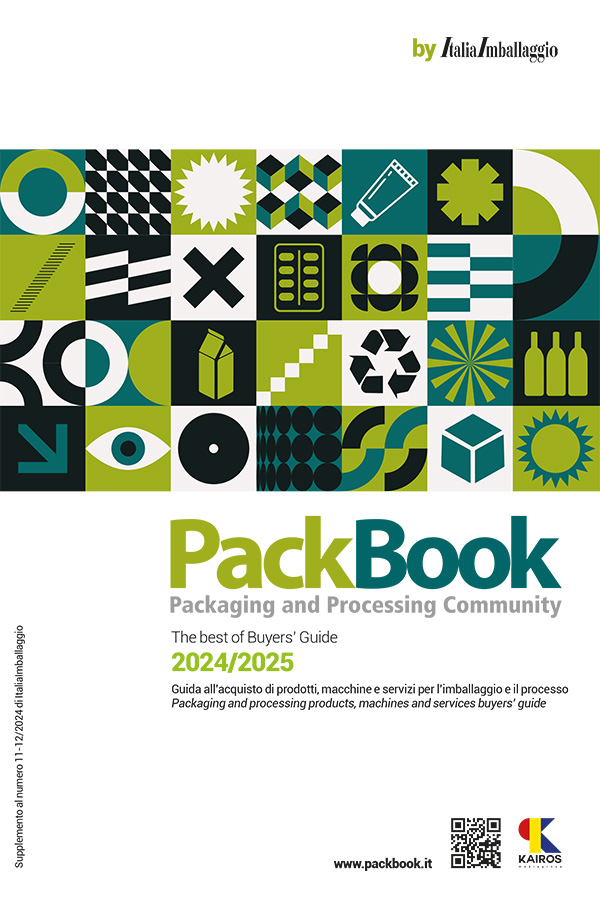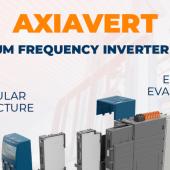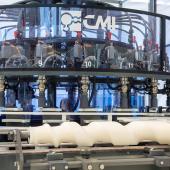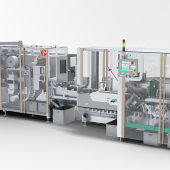An out-of-the-ordinary wager
Digitalization of machines, flexible and automated format change, remote management and control of production: these are the key aspects of the American consignment successfully accomplished by Ronchi Mario SpA.
Stefano Lavorini
To achieve something "exceptional", you always need to set your eye on an unattainable goal ... This seems to be the correct key to understanding the scope and value of the project completed by Ronchi Mario SpA for one of the most important American multinationals in the detergency and personal care sector.
It took the Gessate based company 3 years of work, the construction of a new factory and the hiring of a group of twenty-five people to fulfil a very particular order: that is, to create a series of orientation-, filling- capping and labeling lines for bottles, partly studied and designed by the customer themselves, and intended to "populate" a factory in the USA, built from scratch.
As Cesare and Gianmario Ronchi, owners of the company confirm to us in one voice «From the constructive point of view the work is finished and all the machines have been delivered and are in production. Both in terms of timing and functionality, we responded positively to what was established.
Only the last phase of the project needs to be completed, that is, the training of staff on site, entirely made up of new workers, not yet autonomous in managing production. For this purpose, starting from last year, we have transferred our people to the place».
A remarkable result, which explains only in part how it is possible to have a customer who is not only satisfied, but that also intends to install the same type of packaging lines for liquid products in other factories ...
What were the conditions on which you built the American project?
This type of agreement is an example of what we call partnerships with the customer. It is evident that the latter put their faith us, but they certainly did not do so sight unseen. Our reputation as a leading player on the American market and the mutual knowledge built up over the years was decisive in guiding the choice. Before deciding whether to assign the order to us, there was, however, a preliminary study phase lasting more than a year and a half, during which the managers of the multinational company verified our way of working in the field.
For our company, accepting such an ambitious order has meant taking on a big commitment, both in organizational terms and in terms of research and technological development.
Even before receiving the final go-ahead from the customer, for example, we started building a new "Zero Emission" warehouse not far from the historic site, speeding up on the idea that it was in the air to increase our production capacity. We built a "green building" in record time, equipped with a photovoltaic system, rainwater recovery, heating system with heat pumps ...
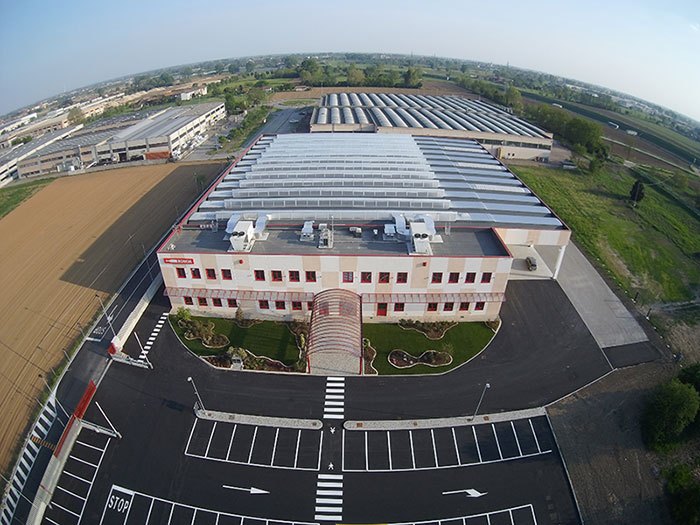
But the most ambitious challenge was the technological one. In fact, we took on the construction of a new bottle unscrambler starting from an existing project, conceived and studied by the customer exclusively "on paper".
As was foreseeable, the transition from design to practical implementation required a considerable effort of implementation, development and improvement. During operations, numerous adjustments and modifications were necessary, as is normal for a contract of such complexity. And in this sense, our skills have made a difference.
The intellectual property of the machines (of which two versions exist) belongs to the customer, with whom we have worked in close collaboration, but as manufacturers, we are proud to have been able to proactively contribute to the evolution of the project.
On a technical level, what are the specific characteristics of the machines you have made?
The main feature of this new system, which starts from the unscrambler and arrives at the palletizer, passing through the filler/capper, the labeler, the case packer, and which uses bottles and caps and labels of various sizes and types, is flexibility, much higher than that of traditional lines.
The peculiar advantage offered by the project is the functionality of the format change, which can be carried out with extreme rapidity and frequency, practically automatically, with minimal manual interventions (potentially even null), both as regards the unscrambler of the bottles and the monobloc of filling and capping.
The first distinctive feature is closely connected with a second aspect that differentiates this system from other solutions: the digitalization of the machines, that is the possibility to manage and control the process remotely. For this purpose, an apparatus of digital cameras and sensors has been set up to detect, collect and transmit all the necessary information.
According to different needs, it is thus possible to set various customization options, which can be easily managed via the internet.
In a certain sense, then, can we speak of a "connected" system?
Yes. All this is made possible by the evolution of network infrastructures, which make the possibility of transmitting and exchanging data even remotely in real time effective. And the advent of 5G will bring further opportunities.
Especially in this technological area, the project represented for us a "gym", which allowed us to acquire a not indifferent experience and know-how in dealing with this type of system, towards which many of our customers show a growing interest. . In essence, the demand is that of a machine that can be controlled remotely, with minimal human intervention and very flexible, especially with regard to format change. All this, of course, without compromising the levels of precision and quality of production.
In particular, what are the market reasons, and therefore of the distribution and production system, that justify the investment in this type of advanced functionality?
The most relevant phenomenon, in recent years, is the development of e-commerce at the expense of traditional large-scale distribution. The operators of the online commerce have organized themselves with centralized structures for the collection and sorting of products, which must be constantly supplied to respond promptly to requests that arrive via the web.
The diffusion of this model - which is also increasingly influencing the organization of large-scale distribution - has led to the diffusion of new procurement practices: reduced storage in the warehouse against smaller, frequent and diversified orders, to which producers of consumer goods must be able to respond, putting themselves in a position to produce in a much more streamlined and flexible way.
If once the production of a certain type of shampoo lasted at least two days, today there is talk of changing the product even every half hour.
For this reason, many brand owners now expect that human interventions are reduced and simplified to the maximum, and that machine operators do not need specific skills.
Is this type of “digital” value functionality required by all your customers?
The demand for systems of this type comes mainly from global companies, whose production is divided into different families of products and into various brands, which have extremely variable targets and market volumes. Furthermore, the most current marketing strategies, to which the multinationals are certainly not extraneous, are based on extreme customisation.
For companies of this size, flexibility is however an imperative not only in function of the new distribution models, but also because of the need to meet specific geographical and cultural needs, in terms of formulation and packaging.
Finally, there is one last aspect to consider: if in the Western world, such as Europe and America, multinationals tend to organize production in large factories dedicated to specific families of products, which are then distributed fairly easily in the territory; in other areas such as China or India, this model works poorly, due to the considerable distances and, often, the inadequacy of the infrastructures. To effectively reach these emerging markets, it therefore appears more advantageous to relocate smaller factories on the spot, but capable of producing very diversified productions.
If a market leader buys from you there must be a reason ... But does this logic also attract a smaller clientele, which moves in the wake of the bigger ones?
Customers know us because they know that we are able to offer excellent solutions for different needs: from technologically more advanced digital systems to traditional mechanical ones, more suitable for medium-small production companies.
Our strong vocation for innovation, which for many is an added value, goes hand in hand with a credibility gained in the field in 54 years of activity, during which we have always shown that we know how to offer the best solutions for the most diverse applications. .
And soon ... we will present further innovations, including a modular robotic line, capable of automatically performing all the reordering, filling and capping operations, offering the maximum in terms of operational flexibility and production volumes.
